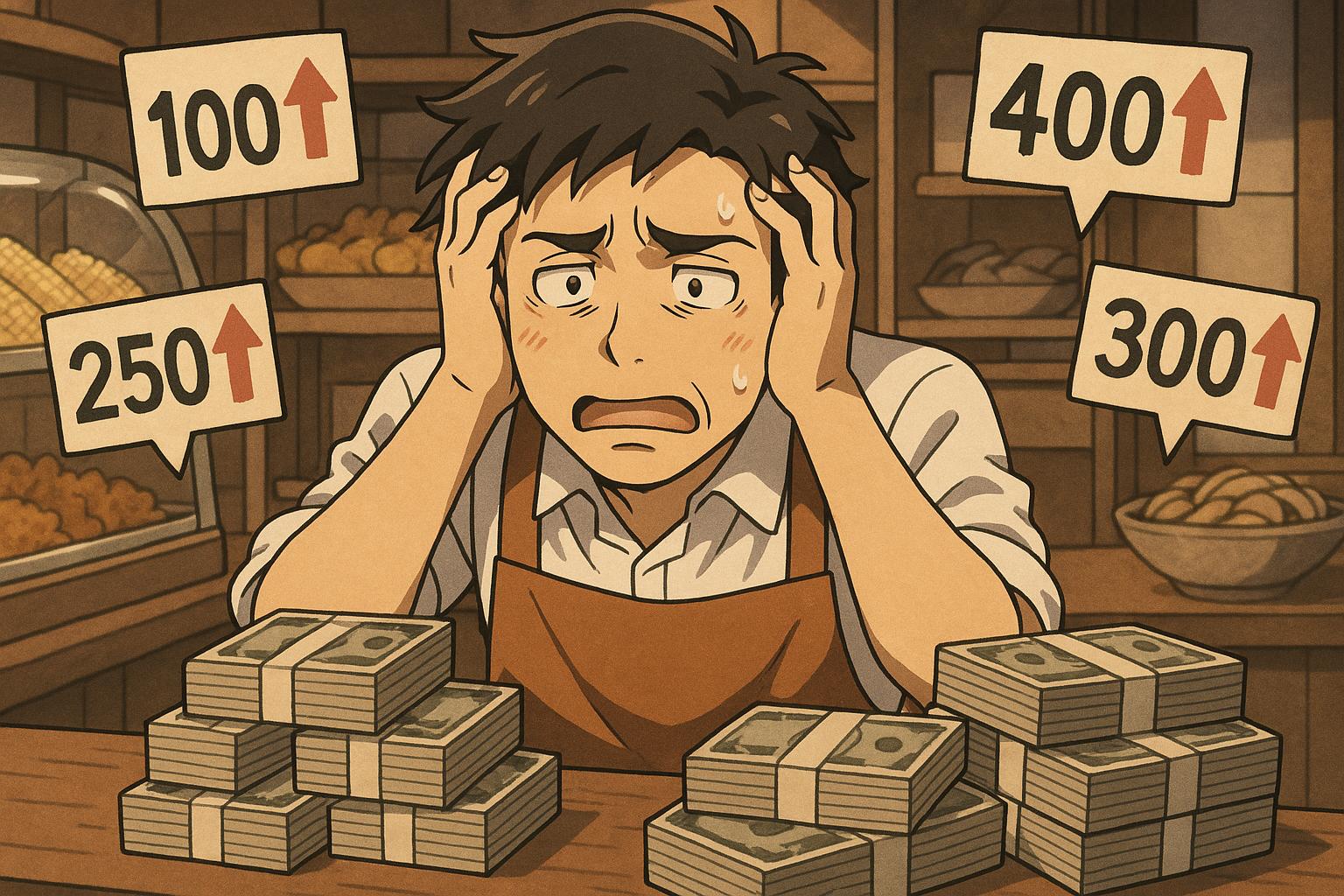Food industry leaders have come together in a desperate call for the government to delay the implementation of the extended producer responsibility (EPR) packaging tax, warning of its potential to fuel inflation and stifle economic growth. With food inflation hitting alarming levels, the British Retail Consortium (BRC) cautions that this tax could exacerbate the financial strain on already beleaguered consumers. In May, food inflation surged to 17.3%, marking the third-highest rate since 2008 and squeezing household budgets tighter than ever. BRC chief executive Helen Dickinson stated, "It is no surprise that inflation is rearing its head once again," while retailers brace for impending costs estimated at £2 billion from the new tax.
The coalition urging for a halt to the EPR spans a broad spectrum of hospitality and drinks industry players, including UKHospitality and the British Beer & Pub Association. In their letter to the Prime Minister and Chancellor, they voiced strong concerns over the financial impact the EPR will have on pubs and restaurants, which are already grappling with soaring operating costs from National Insurance contributions and other regulatory changes. The group argues that the government has ignored the rapid rollout of this tax and its dire repercussions for business prospects. “There is a widespread belief that this legislation is being introduced far too quickly, with the burdens on businesses and their implications for growth being brushed aside,” the letter asserts.
Looking ahead, the cautious optimism about postponing the EPR is juxtaposed with past instances where the government has buckled under industry pressure to defer similar initiatives. A previously proposed £1.7 billion plastic packaging tax was delayed in late 2024 following extensive lobbying from food and drink organisations. This keen contrast raises doubts about the expeditiousness of such policies, particularly at a time when inflation is rising and economic stability hangs in the balance.
As retailers brace for impending challenges, they anticipate costs could balloon by £7 billion due to a series of new levies, encompassing the EPR, increased National Insurance contributions, and escalating minimum wage thresholds. The BRC warns that these combined changes could escalate consumer prices and trigger job losses, particularly among entry-level positions. The overwhelming call for government intervention regarding the phased implementation of new regulations underscores the urgent need for a thoughtful examination of the broader economic consequences prior to advancing such policies.
Recent figures accentuate the severity of the inflation dilemma, with UK food prices skyrocketing by 19.1% in early 2023, influenced heavily by external pressures such as the conflict in Ukraine and persistent labour shortages. These ongoing challenges highlight the fragile state of household finances; the total impact of food price inflation since the pandemic has reached a staggering 26%. As families are forced to adapt to rising costs—often opting for supermarket own-brand products to manage their budgets—this trend offers little relief from the crushing inflationary pressures they face.
As the October deadline for the EPR looms closer, the urgency of addressing these concerns intensifies. Retailers and hospitality suppliers are keenly attuned to developments, hoping their collective voices will resonate in a climate rife with policy contention and economic uncertainty. The stakes are undeniably high—not only for businesses confronting added financial burdens but also for families already overwhelmed by skyrocketing living costs in these uncertain times.
Source: Noah Wire Services
